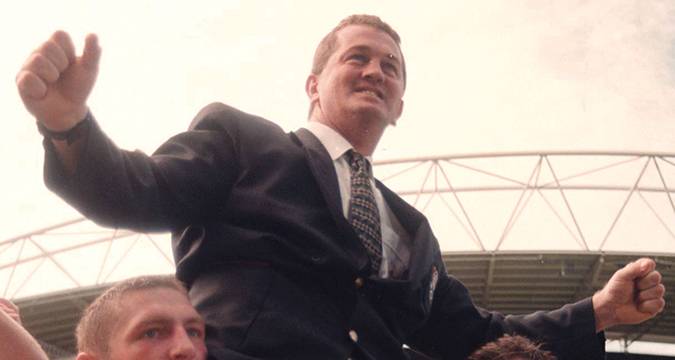 A NEWTOWN lad, Phil Sigsworth had six colourful seasons with the Jets between 1977 and 1982 before the lure of Manly proved irresistible. He was the Rugby League Week magazine player of the year in 1983 and played in four Grand Finals, winning one, with Canterbury. He played for New South Wales and Australia. He later got Hull Sharks promoted to Su
A NEWTOWN lad, Phil Sigsworth had six colourful seasons with the Jets between 1977 and 1982 before the lure of Manly proved irresistible. He was the Rugby League Week magazine player of the year in 1983 and played in four Grand Finals, winning one, with Canterbury. He played for New South Wales and Australia. He later got Hull Sharks promoted to Su Rugby League Heroes: Phil Sigsworth
 A NEWTOWN lad, Phil Sigsworth had six colourful seasons with the Jets between 1977 and 1982 before the lure of Manly proved irresistible. He was the Rugby League Week magazine player of the year in 1983 and played in four Grand Finals, winning one, with Canterbury. He played for New South Wales and Australia. He later got Hull Sharks promoted to Su
A NEWTOWN lad, Phil Sigsworth had six colourful seasons with the Jets between 1977 and 1982 before the lure of Manly proved irresistible. He was the Rugby League Week magazine player of the year in 1983 and played in four Grand Finals, winning one, with Canterbury. He played for New South Wales and Australia. He later got Hull Sharks promoted to Su 